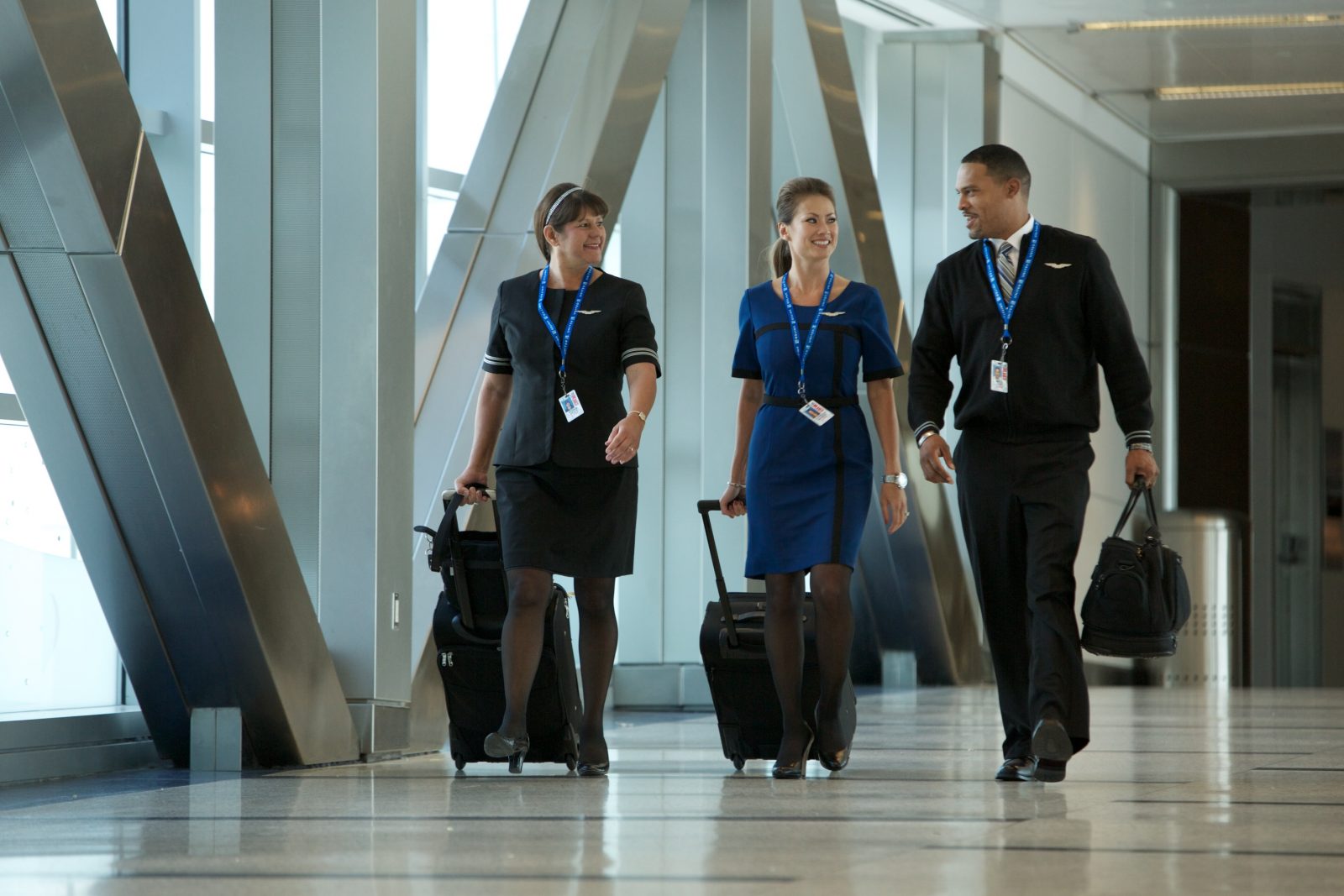
A few months ago we asked why airlines weren’t providing specific training for cabin crew and flight attendants to deal with allegations of sexual assault and harassment onboard their flights. At the time, most airlines said they had measures to deal with “disruptive passengers” but only a handful, including Alaska, United Airlines and Singapore Airways said that training included sexual assault.
The issue of in-flight sexual assault and harassment has been making headlines of late – there have been several highly publicised incidents in which passengers were subjected to horrifying assaults in an environment which they assumed would be safe. On each occasion, the actions of flight attendants fell very short, only compounding an already traumatic experience.
It’s become increasingly clear that flight attendants, often through no fault of their own, just don’t know how to react to such a serious allegation – or what they can and should do to support the victim. Sadly, airlines have been very slow to react to what appears to be an increasingly prevalent problem.
Just a week after it was revealed that nearly one-in-five flight attendants have themselves experienced physical sexual harassment from passengers (in the last year alone), U.S. Representative Peter DeFazio is introducing a Bill that will make it mandatory for airlines to train crew on how to “recognize and respond appropriately” to sexual assault and harassment.
DeFazio, the Democratic Representative for Oregon and member of the House Transport, Transportation and Infrastructure Committee is introducing the Stop Sexual Assault and Harassment in Transportation Act with the support of all other Democrats on the committee. He says the legislation is “long overdue”.
And while DeFazio admits that “some airlines have already taken the initiative”, this new law would make sexual assault training mandatory for not only all U.S. airlines but also any other airline which flies to the United States. The legislation also covers all other transportation providers including rail, buses and cruise lines.
Along with the training requirements, the law would introduce a number of other welcomes measures:
- Banning passengers found guilty of sexual assault from future travel
- Require airlines to provide data on the number of sexual assault and harassment allegations made by both passengers and crew
- Airlines will work with labour unions to draw up formal policies on how to report and deal with allegations of sexual assault
- Make airlines display a prominent notice on their websites to state they have a formal policy on sexual assault and how passengers can report such allegations
The law will also add the term ‘sexual physical harassment’ to the definition of crewmember interference – and up the maximum penalty to $35,000.
“Congress should move quickly on this legislation to give clear instruction to every executive, worker and traveller on all modes of transportation that sexual harassment is not something we tolerate as a country,” commented Sara Nelson, international president of Association of Flight Attendants-CWA.
The news was also welcomed by the Association of Professional Flight Attendants which represents cabin crew at American Airlines. Nena Martin, a serving flight attendant and national president of APFA said clear policies were needed to prevent sexual assault – especially when crossing international borders where laws can differ greatly.
In the past, it’s been very difficult to gauge just how bad the problem of in-flight sexual assault is because incidents are reported by law enforcement in the State or country where the aircraft landed. Airlines have been reluctant to release data from their own records.
Mateusz Maszczynski honed his skills as an international flight attendant at the most prominent airline in the Middle East and has been flying ever since... most recently for a well known European airline. Matt is passionate about the aviation industry and has become an expert in passenger experience and human-centric stories. Always keeping an ear close to the ground, Matt's industry insights, analysis and news coverage is frequently relied upon by some of the biggest names in journalism.







